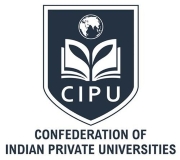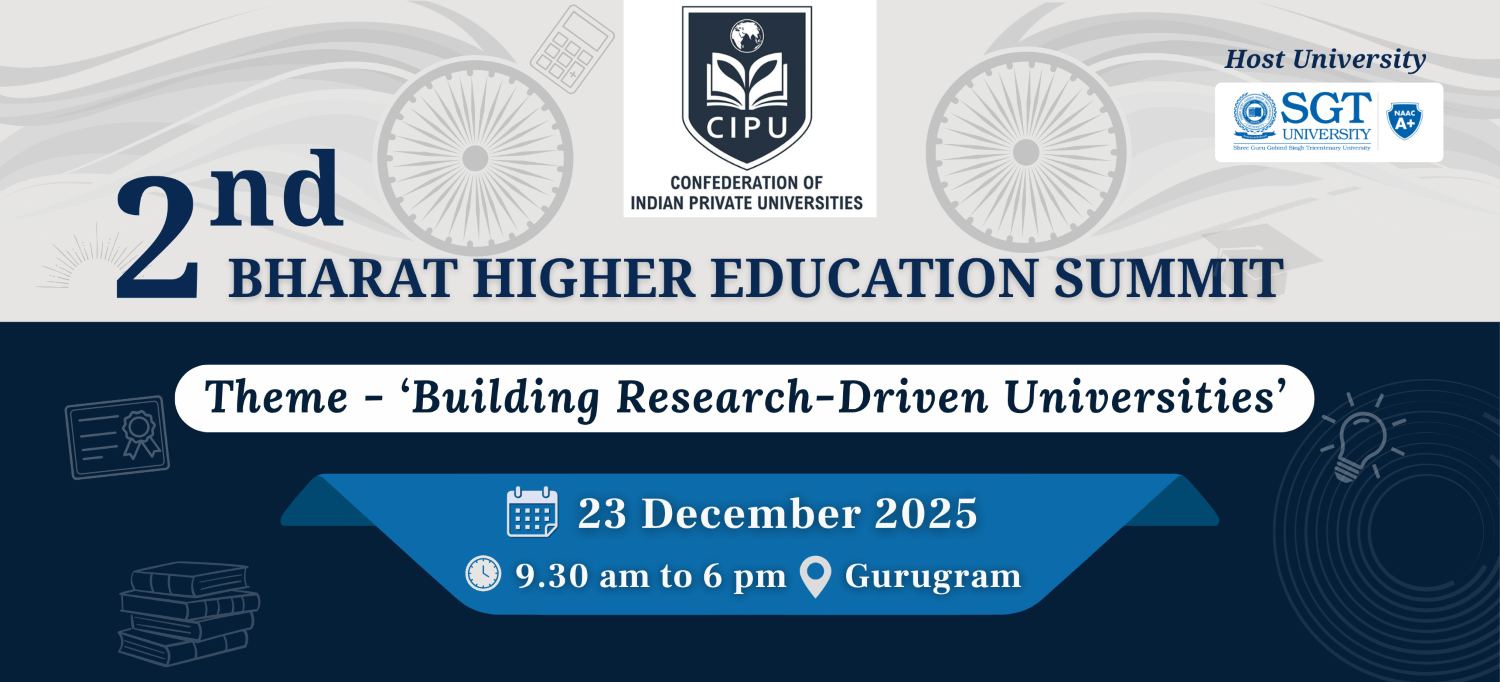
|
Prof. (Dr.) Gopal Pathak
Honorary President, CIPU & Director General, Sarala Birla University, Ranchi, Jharkhand |
The National Education Policy (NEP) 2020 is a revolutionary step in India's educational history, creating a learner-centered ecosystem that is flexible and holistic and is rooted in both tradition and innovation. As Sarala Birla University (SBU), Ranchi, celebrates five years of specifically implementing NEP recommendations, I would like to take this opportunity to discuss on action taken for implementing NEP in our university and how we continue on this journey.
At the beginning, SBU established a NEP 2020 Task Force with ten themes, each co-ordinated by a responsible senior faculty leader. In the spirit of NEP, we identified the basic skill sets; problem solving, creativity, critical thinking, leadership, empathy, orientation to the environment and digitality which strengthen our academics and co-curricular contexts. The thematic groups—multidisciplinary education, digital empowerment, research and innovation, accreditation, inclusiveness, Indian Knowledge Systems (IKS), etc., have provided an integrated pathway for institutional reforms.
SBU's commitment to the NEP has been demonstrated through countless seminars, conferences, workshops and expert talks on NEP principles for almost 5 years. The National Seminar on NEP 2020 in August 2020 really started the conversation, while the National Conference on Emerging Trends in Innovative and Sustainable Business Practices 2022 gave a broader platform to connect with our community. Most recently, technology-led events, like our Next Level Game with Facebook Gaming, with workshops around Java, SQL, and cadences in semiconductors, have provided students with linked pathway skills. Expert talks around cybersecurity, ISO quality systems, new criminal law, climate change, pharmacy and fintech have added a lot of interdisciplinary exposure. We have also held cultural programs, Celebrating Cultural Diversity in 2025 and the Umang Yoga Competition leading to intra vidyalaya community building activities that a combined elements of well-being and heritage with a contemporary learning aspect. Most notable was the seminar of the 31st August 2024, on "Integrating Indian Knowledge Systems in Technical & Higher Education" which encompassed the NEP vision for integrating IKS; as part of global academic standards.
Today, SBU offers 66 multidisciplinary programs in 11 domains—programs with certification, diploma, under-graduate, post-graduate, and PhD levels of programs—with a Choice-Based Credit System (CBCS). Starting from the 2025–26 session, Multiple Entry–Exit (MEME) provisions have been introduced in a few BBA, BCA, B. Tech, and B. Com programs to maintain mobility and lifelong learning. The Academic Bank of Credits (ABC) has also been incorporated into our examination system, which obligates all students to engage in digital credit management. Accessibility, equity, and inclusion is foremost in all that we do, whether that be a gender-sensitive approach in policies, scholarships, or student events that respect unmet cultural needs in a different culture.
In keeping with NEP's emphasis on cultural rootedness, SBU has institutionalized IKS at multiple levels within the university. A Centre for Indian Knowledge Systems was inaugurated on 30th May 2025. The IKS initiatives consist of as well as value-added courses in Sanskrit, such as the Bhagavad Gita and Indian Ethos, elective across faculties, as well as certificate courses in dance, music, and yoga and a Fine Arts department will further ground Indigenous knowledge traditions in student life.
Skill development remains the pillar of our NEP framework. We provide courses in AI/ML, Blockchain, IoT, Big Data, Cyber Security, Renewable Energy, and Corporate Auditing, getting our learners ready for Industry 4.0. The establishment of partnerships with well-known brands, NSDC, NIELIT, CAPS, and Cisco through our certified training programmes and active live projects. We also promote entrepreneurship through our Innovation and Incubation Cell, and event portfolios like FIESTA-2K24, DevFest Ranchi, Smart India Hackathon, and Entrepreneurship Development Programme. Workshops on drones, Web 3.0, Green Energy, Space Research and Soft Skills has boosted the technical and soft power skills of our learners.
In summary, I think it is apparent in these five years that NEP 2020 is already changing our academic culture—embedding global competencies connected to Indian roots and producing students as knowledge developers, innovators, entrepreneurs, and empathetic global citizens. Future priorities will continue to include these goals, along with enhancing our contributions to research and innovation, ensuring rigorous quality assurance processes, more digital integration, and, most importantly, to sustain a commitment to a balance between value-based education and technology.
At Sarala Birla University, we do not see NEP 2020 as a document, as a policy directive. It is a modern, dynamic and lived conversation that encourages continual re-thinking. The last five years have been both an act of reflection and contractive action plan. As we continue towards the future, we remain committed to enabling young adaptable minds, which have a strong foundation in Indian ethos, which are globally competent, capable of creating a just, sustainable and enlightened future.






